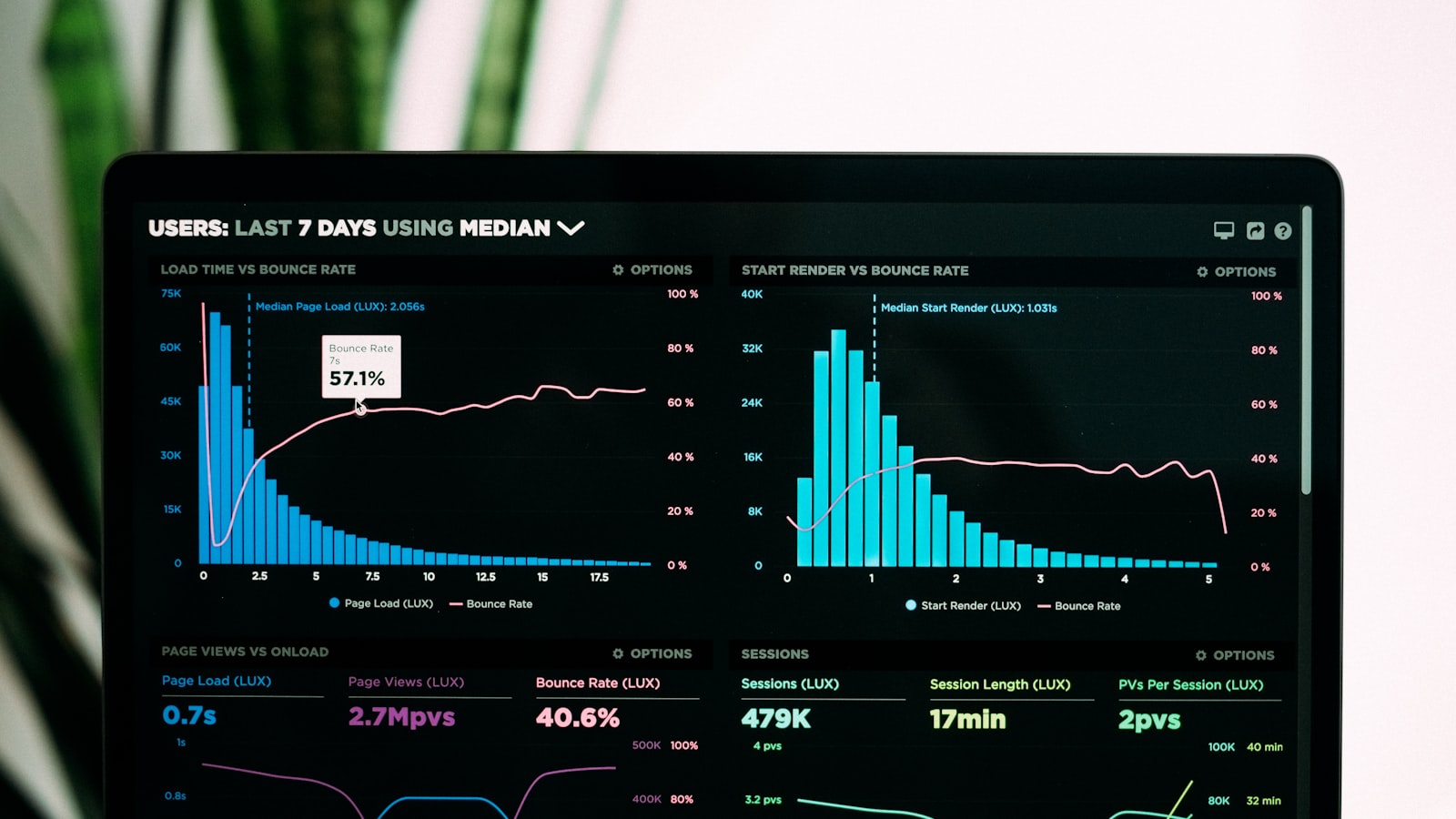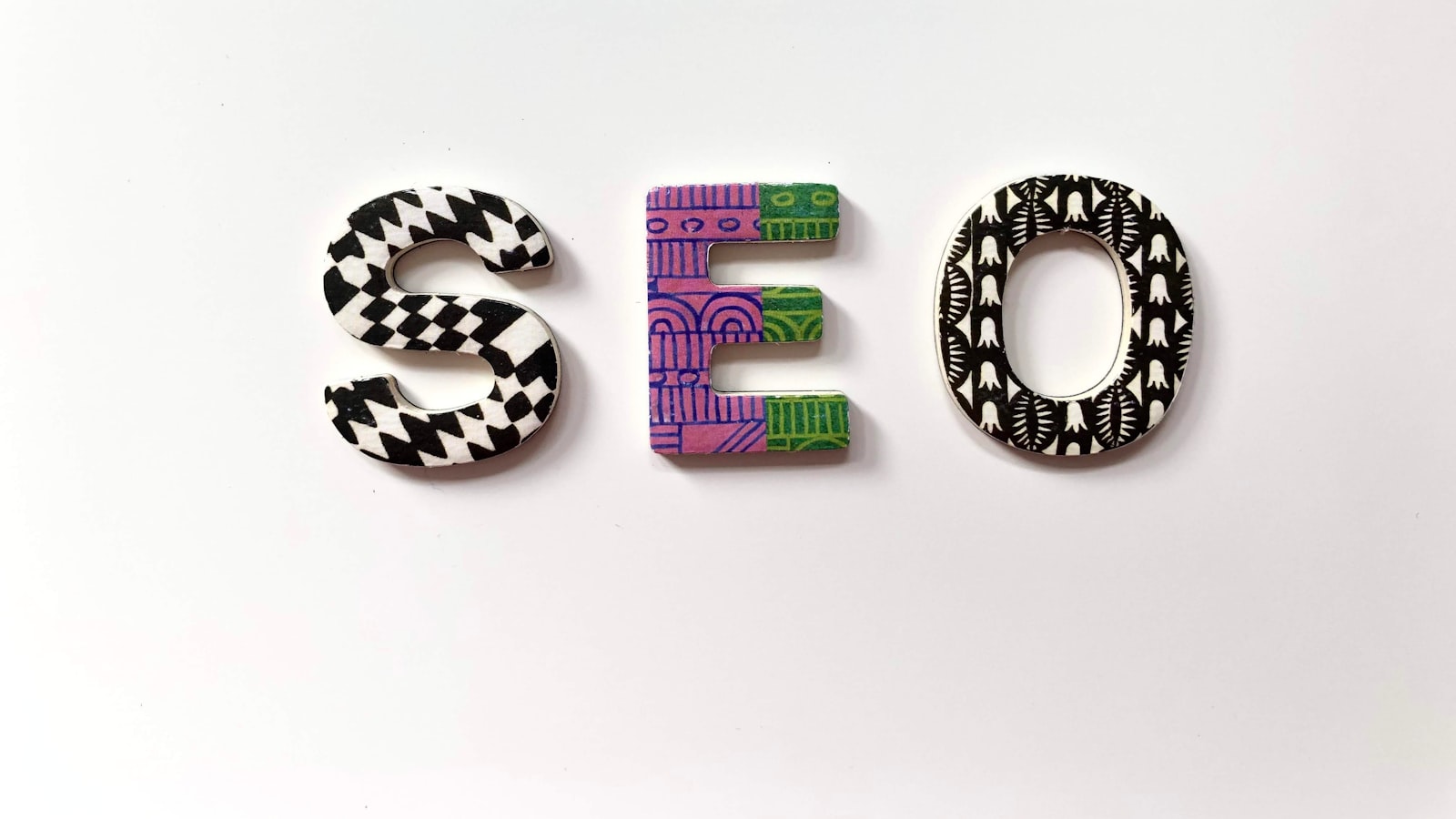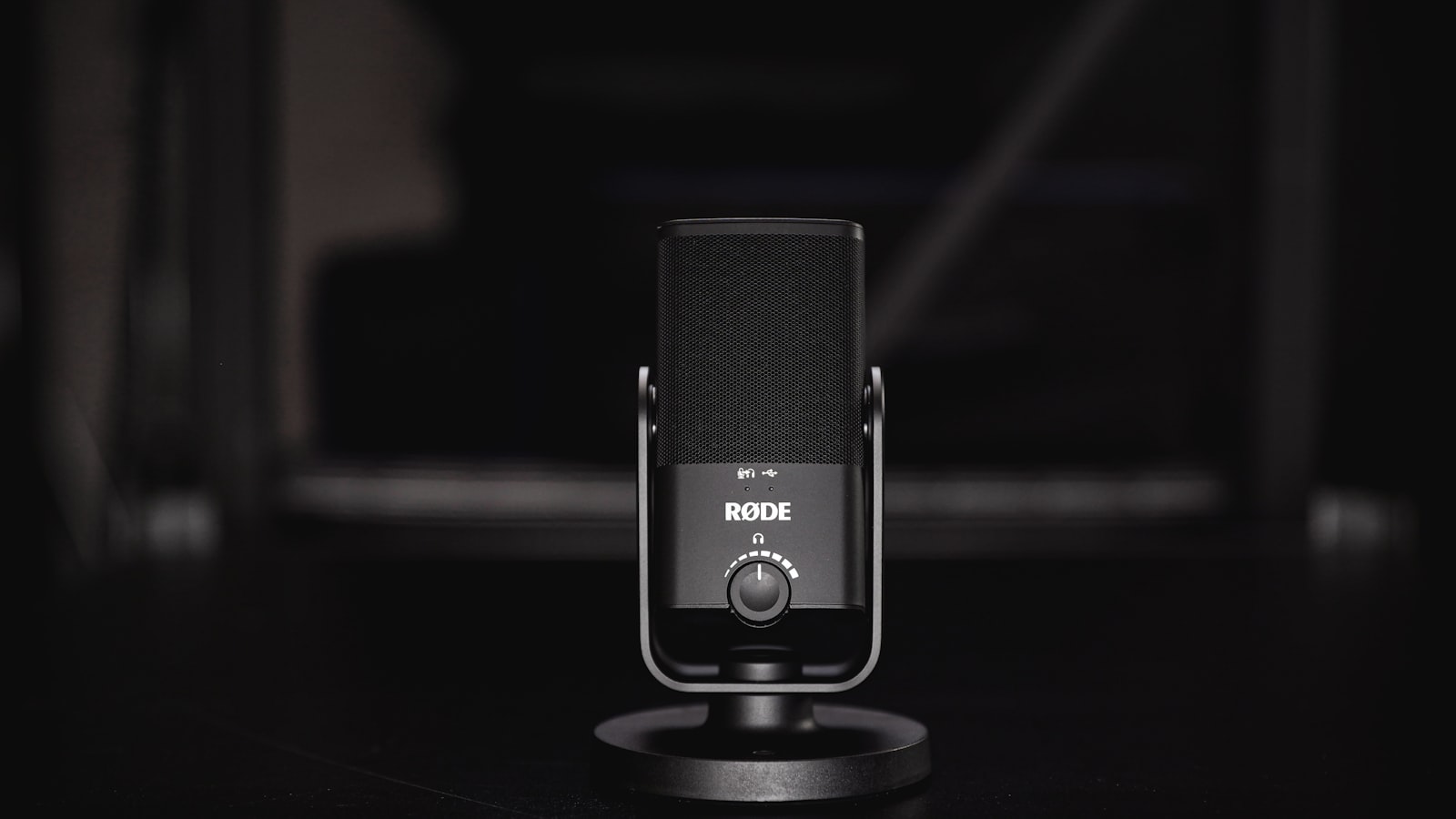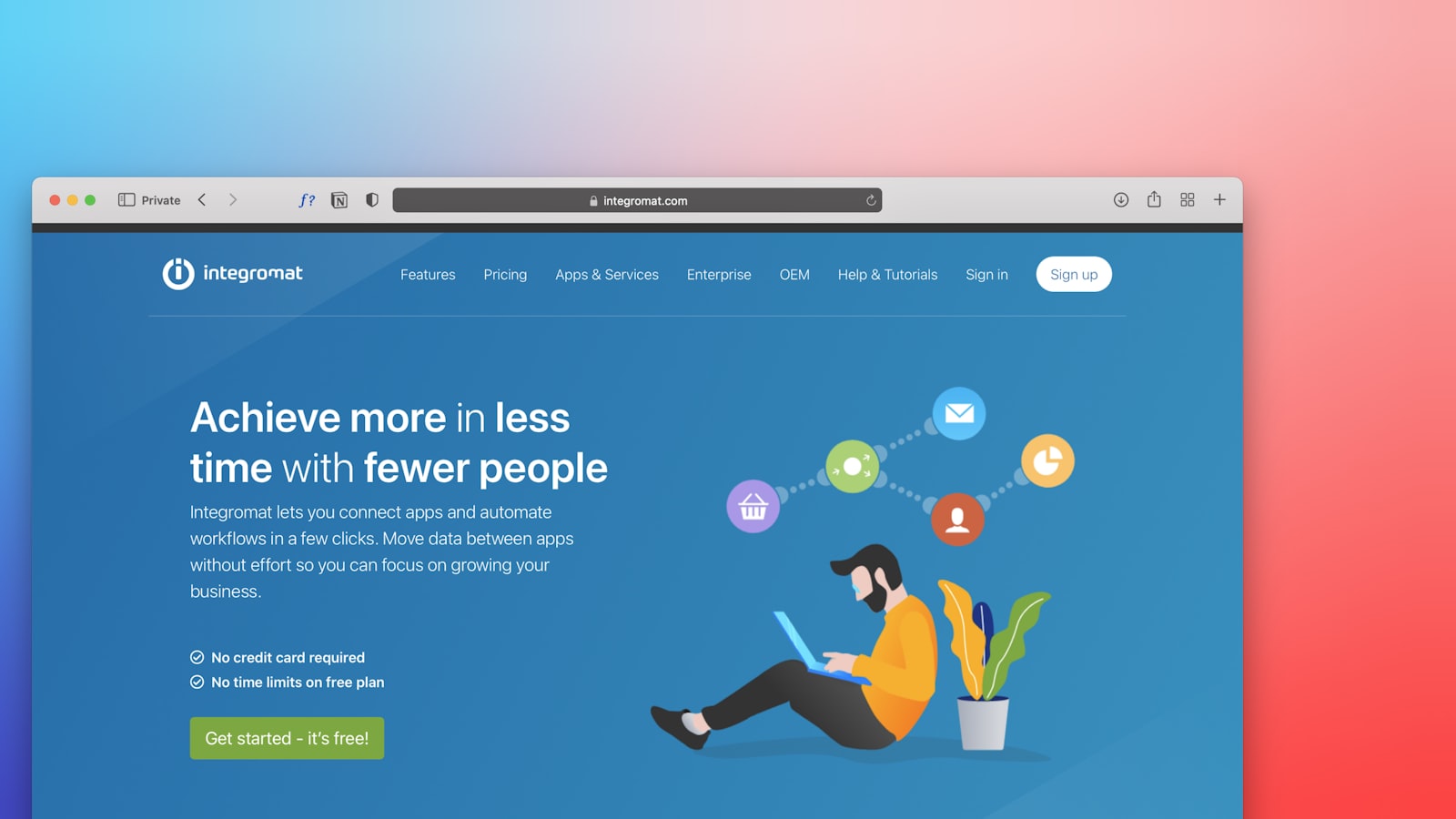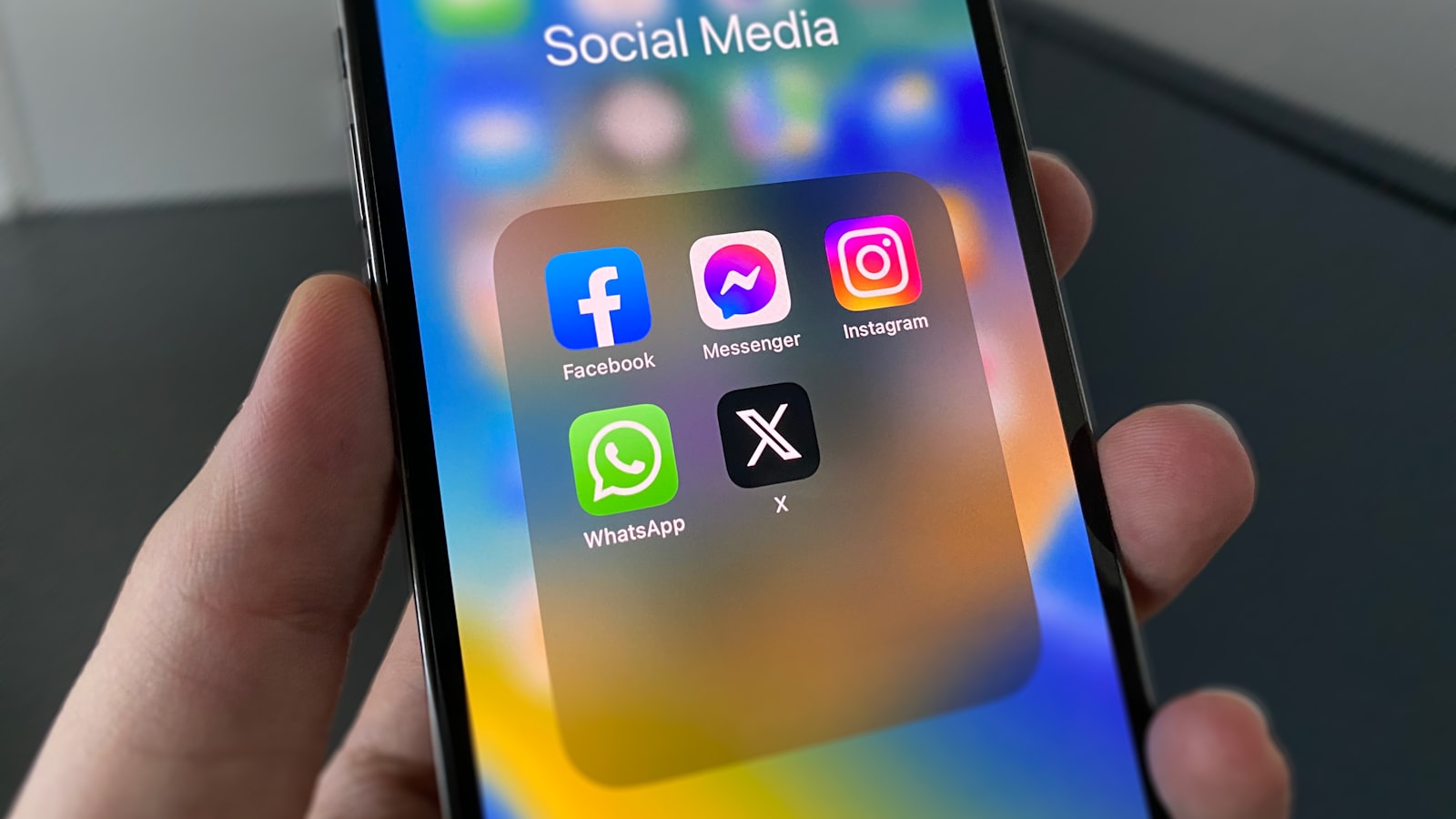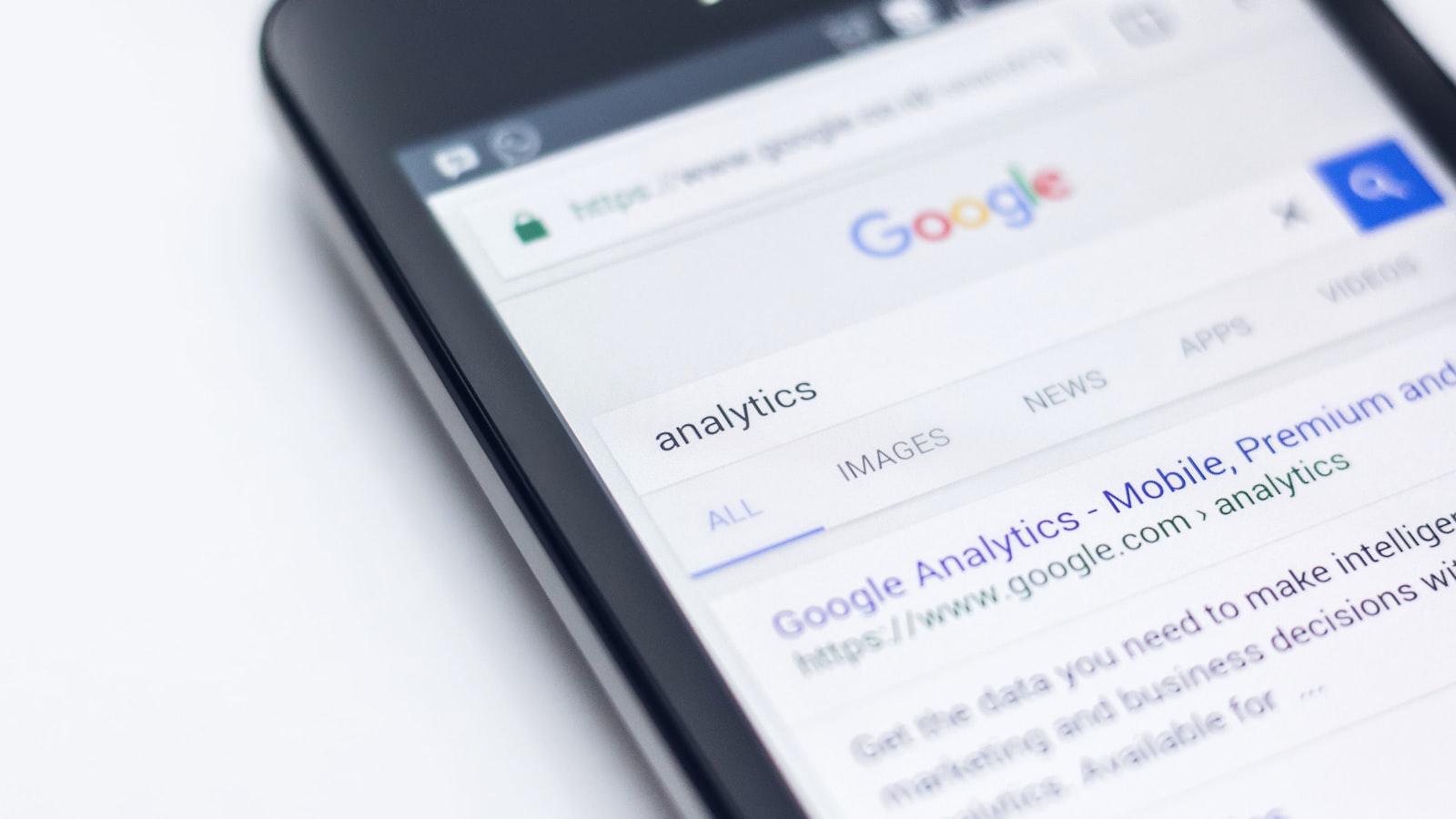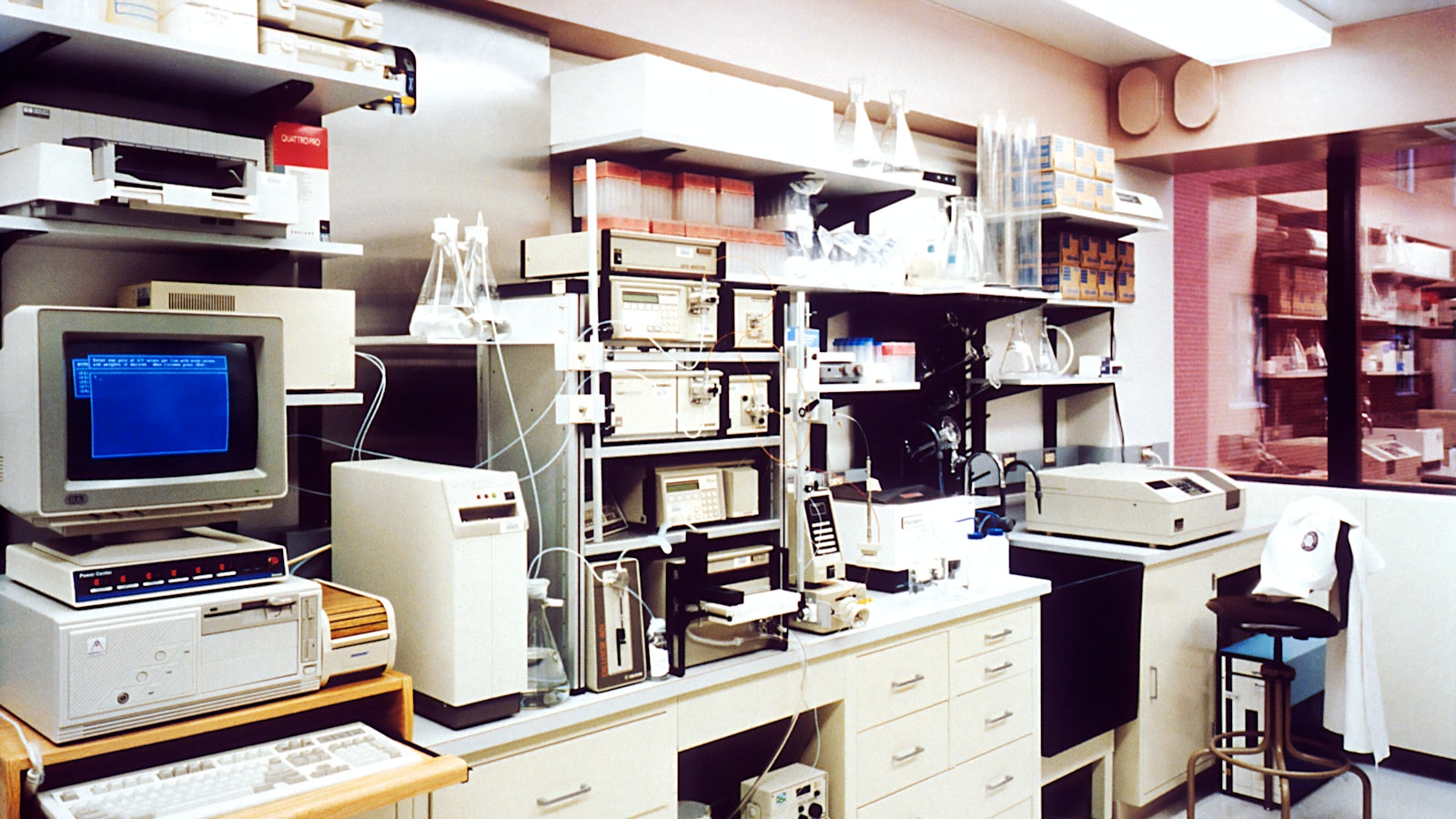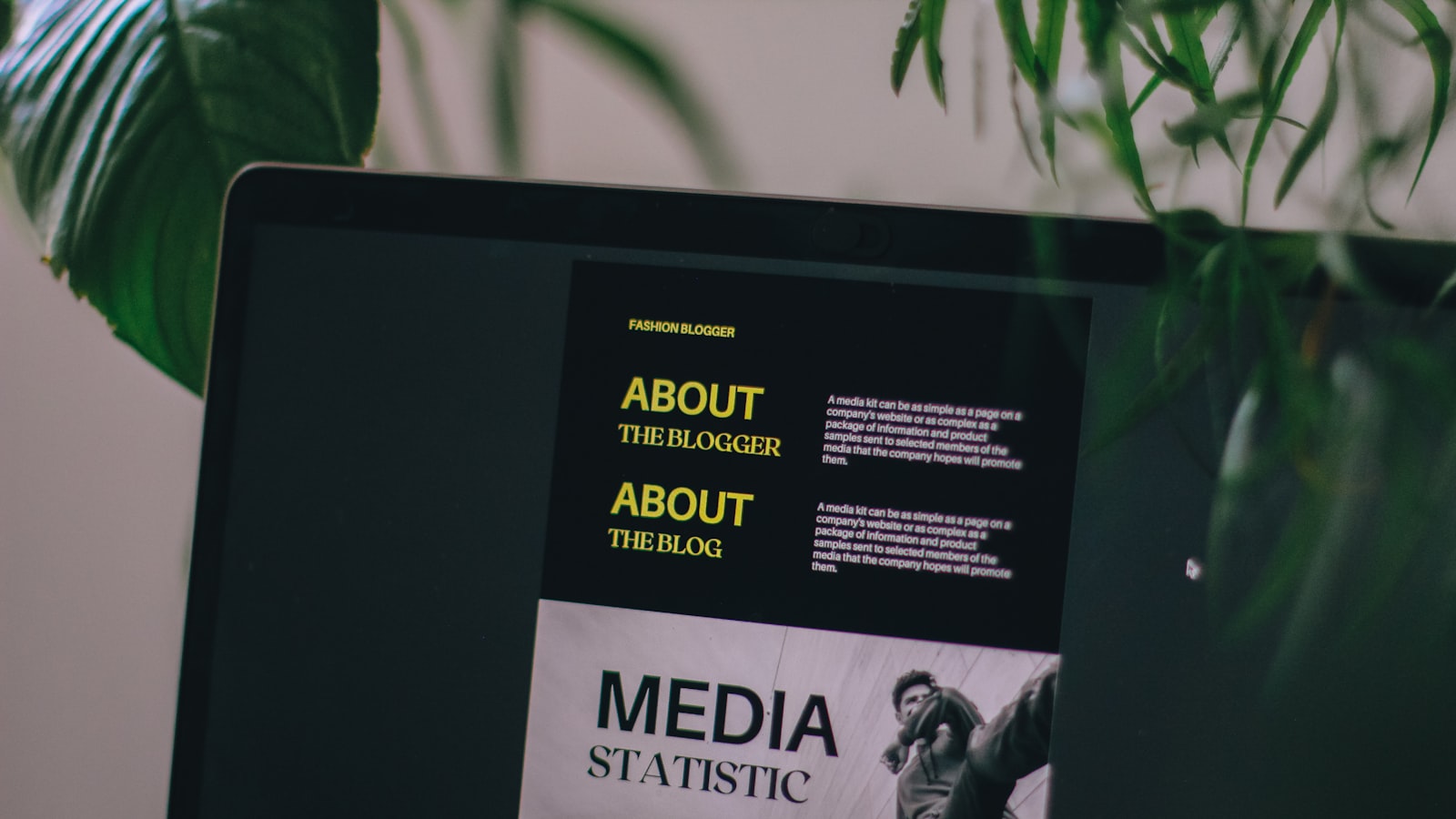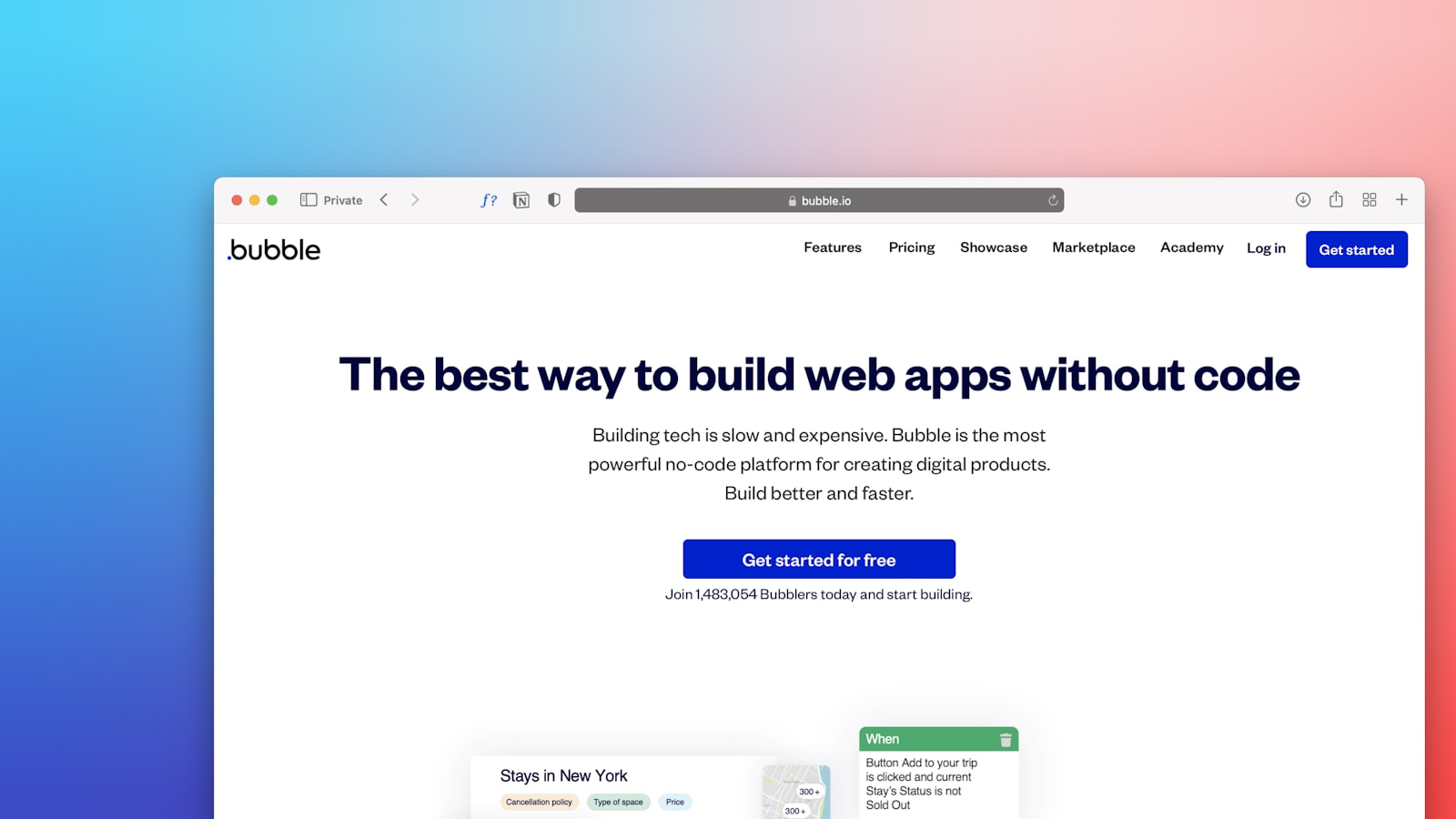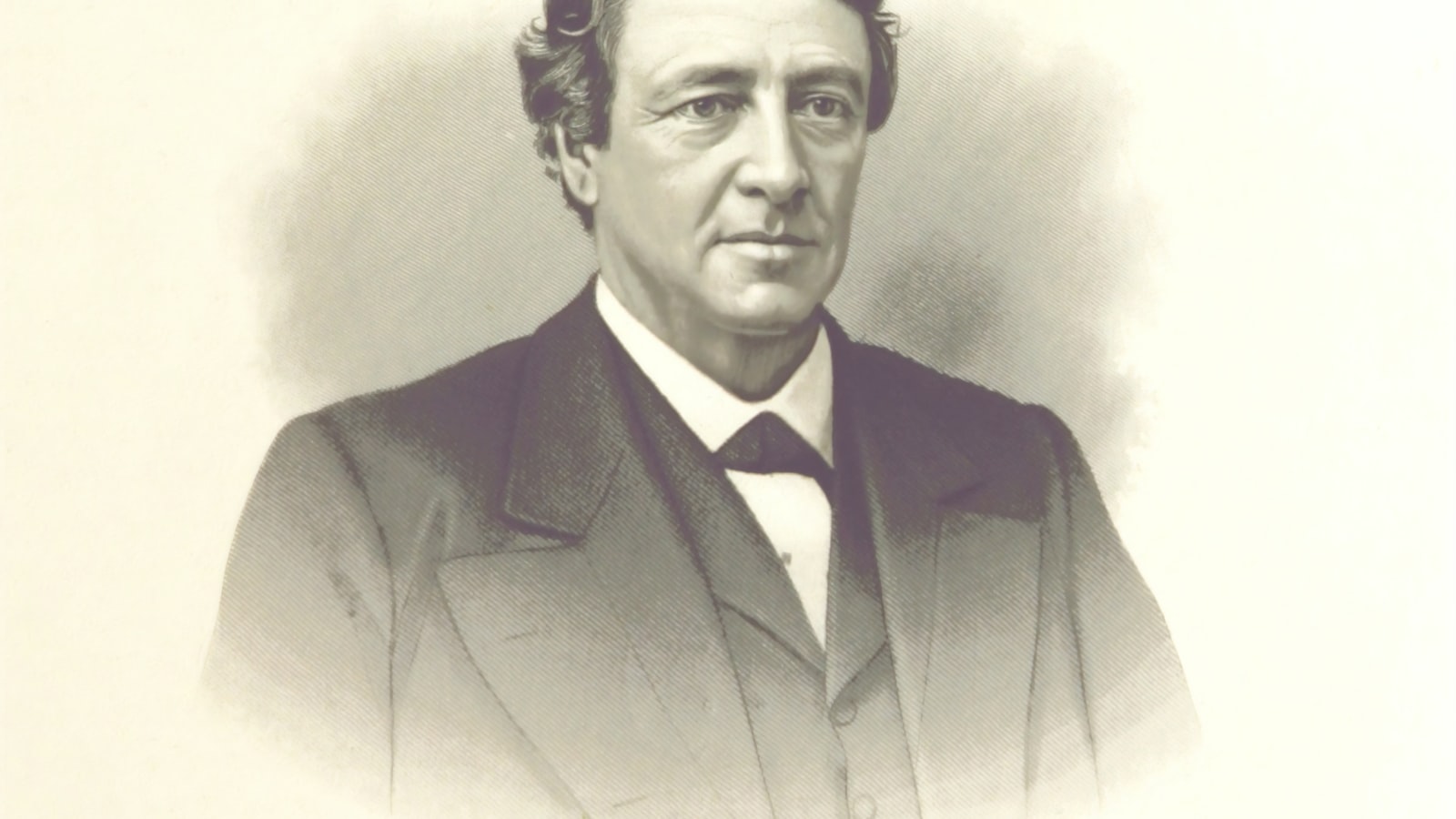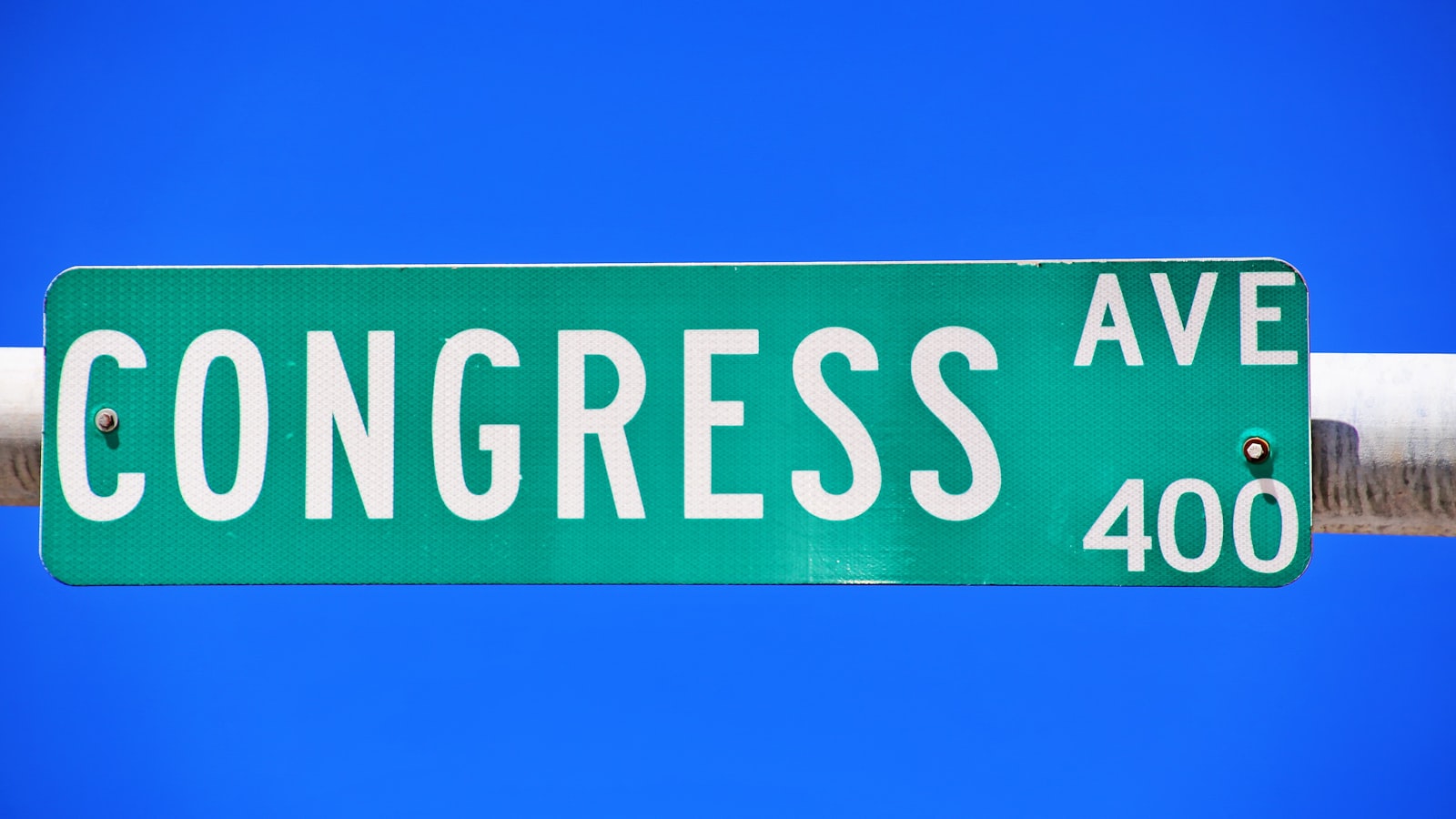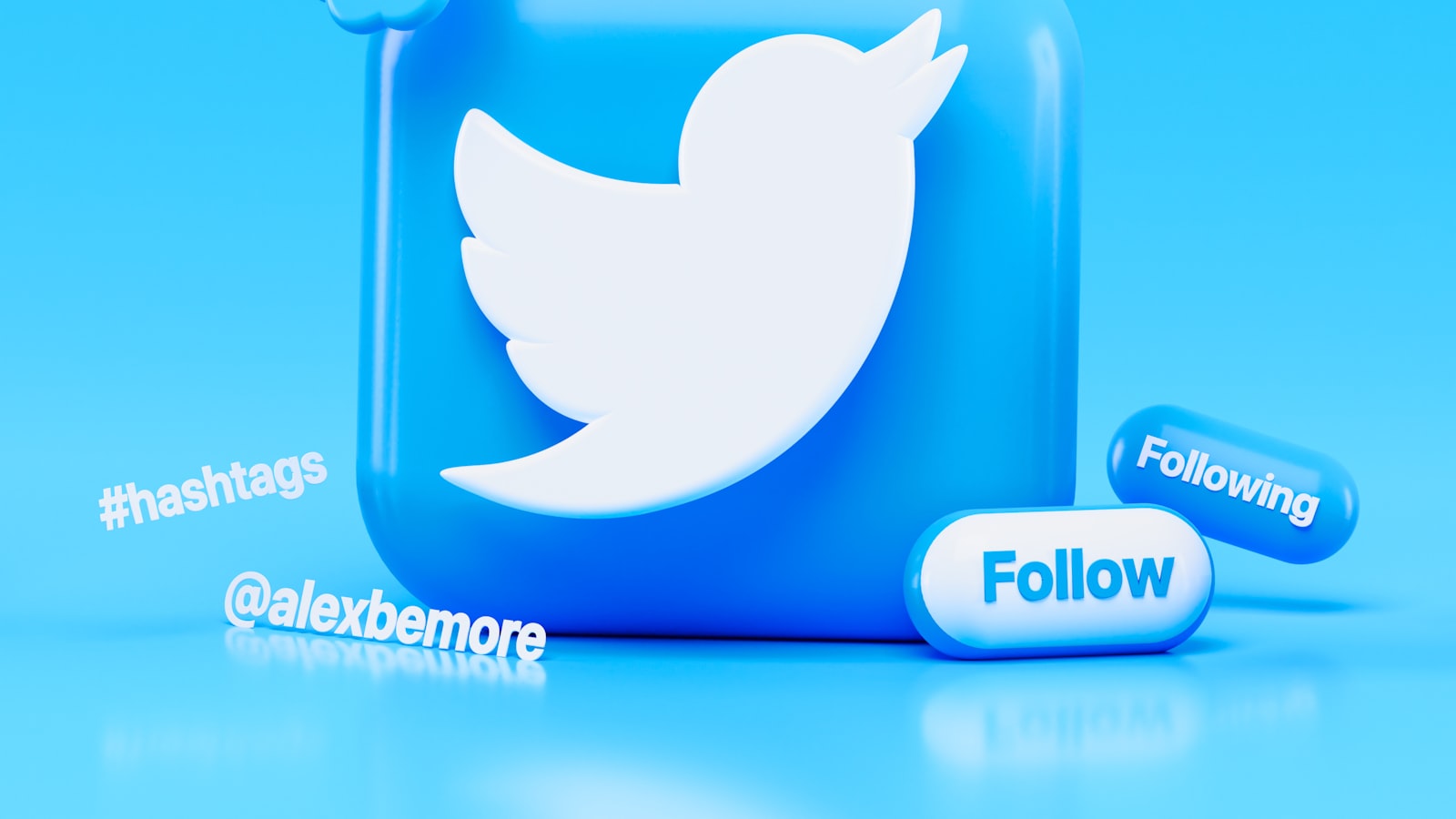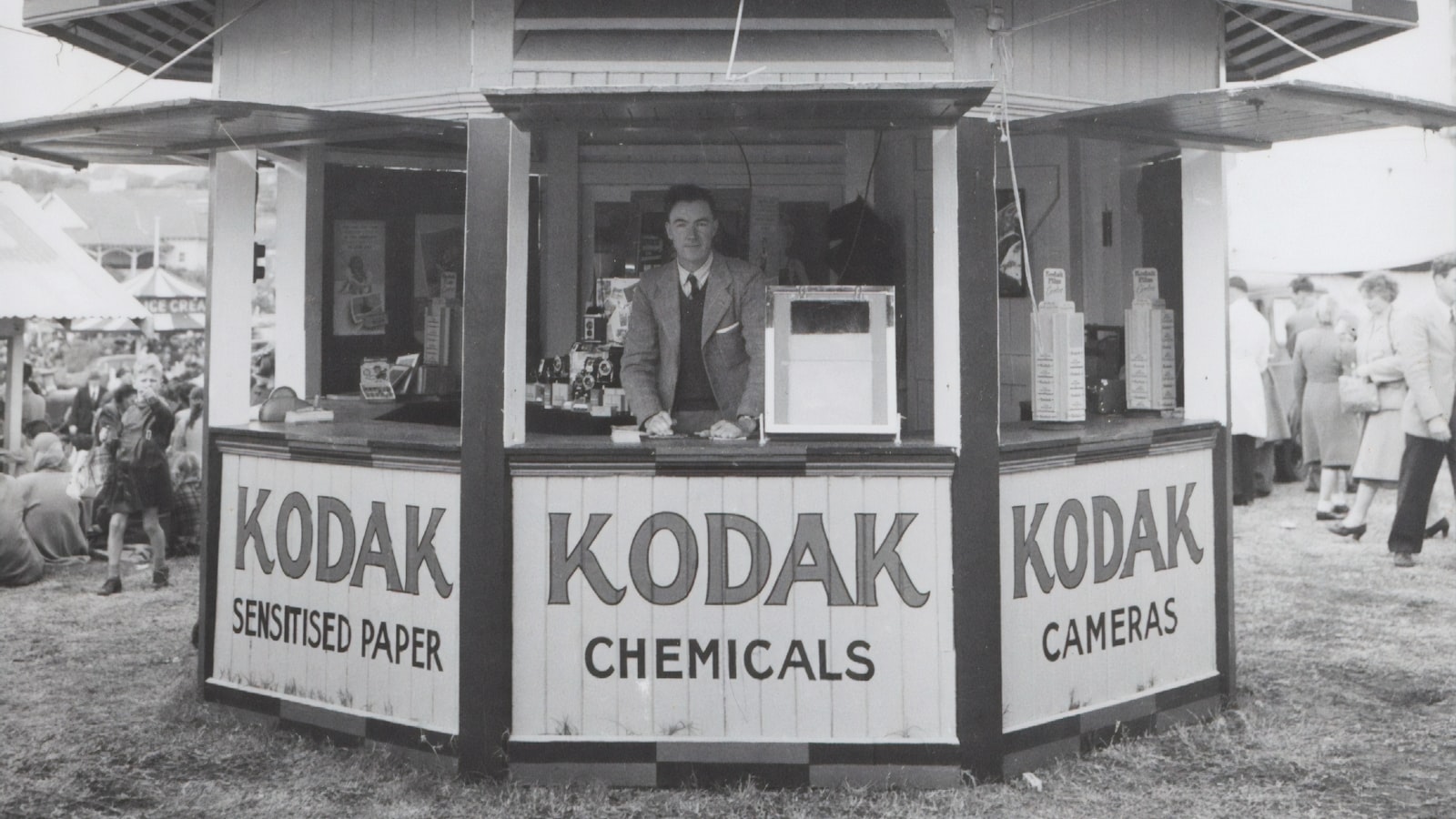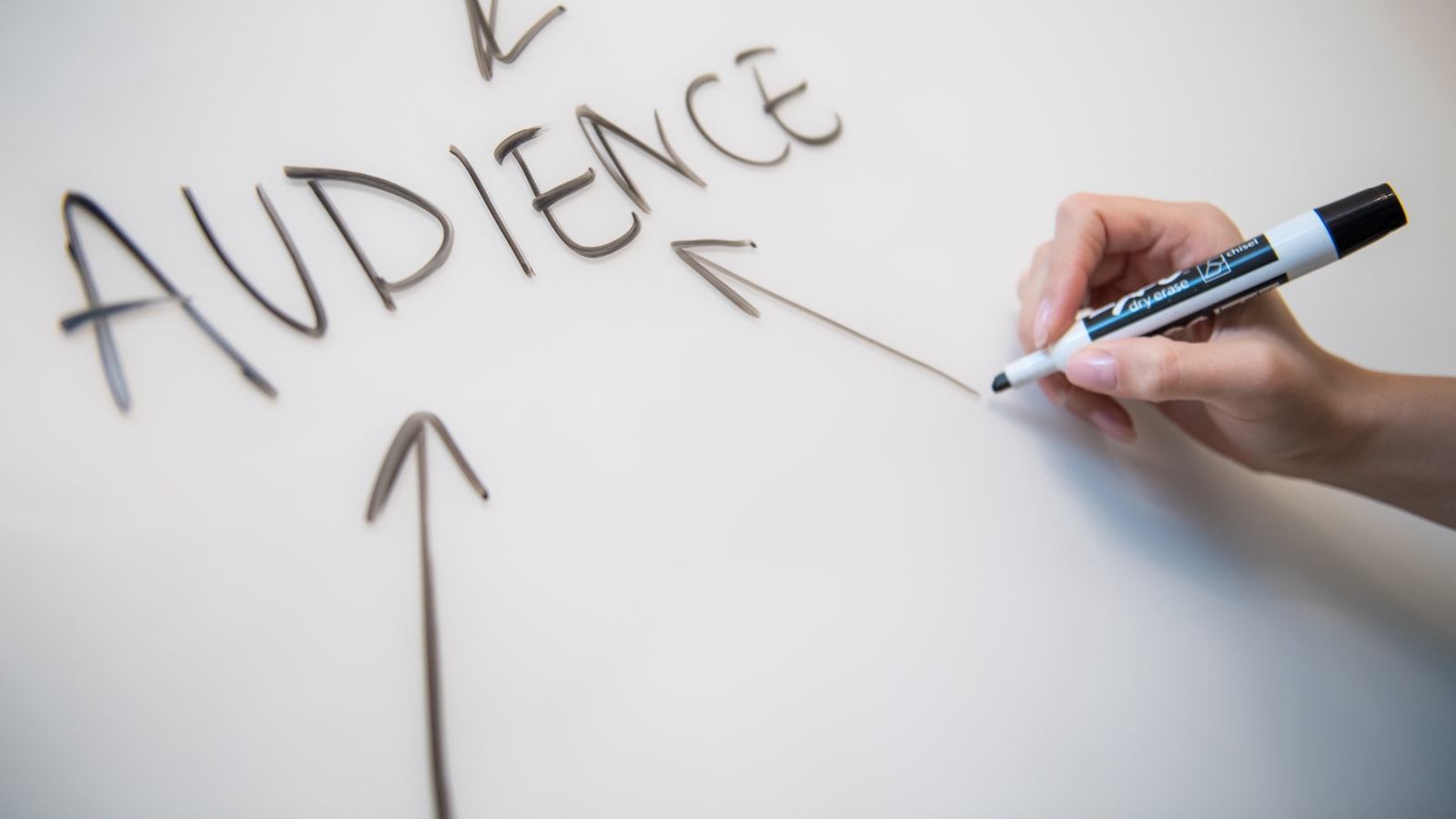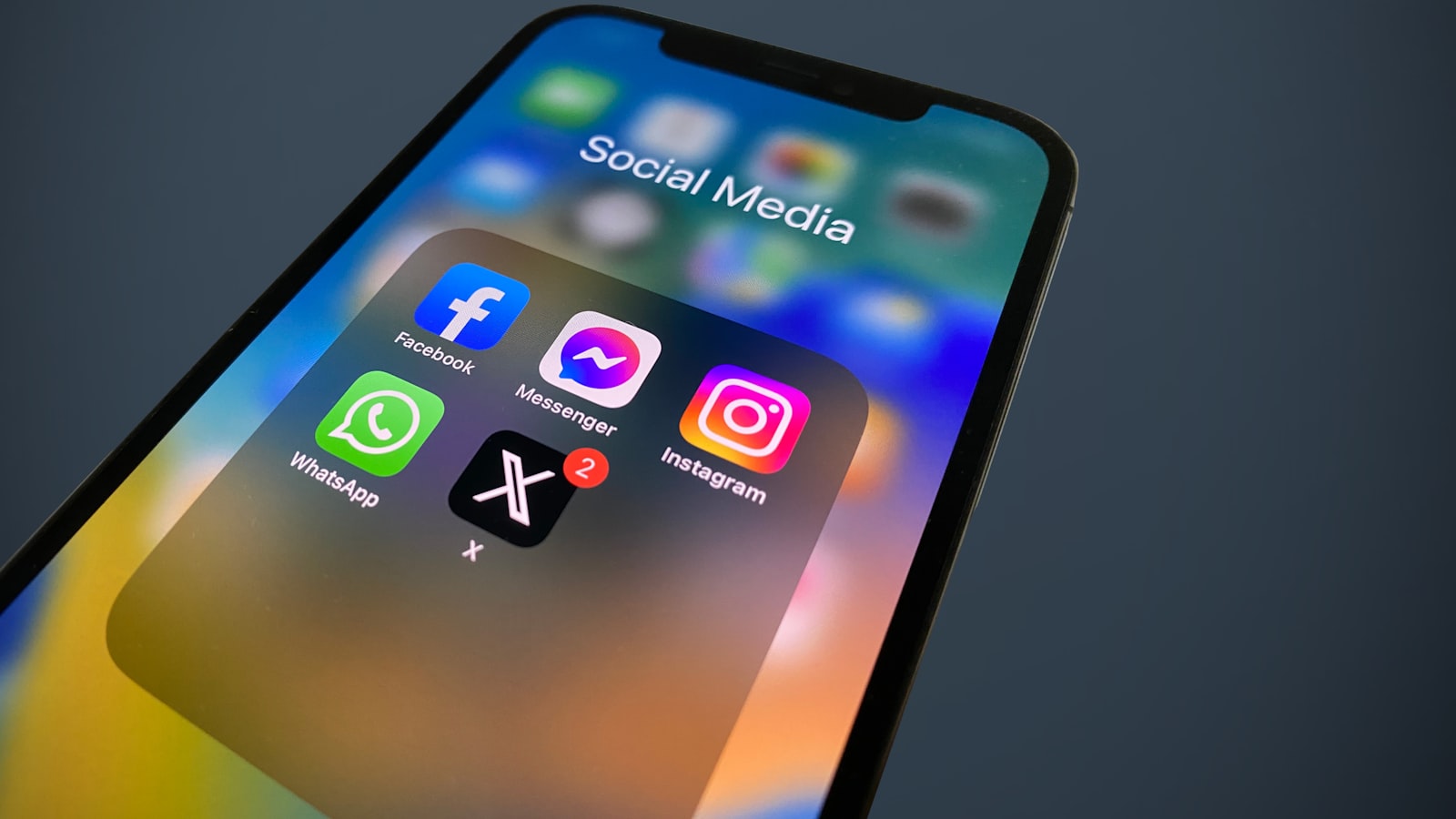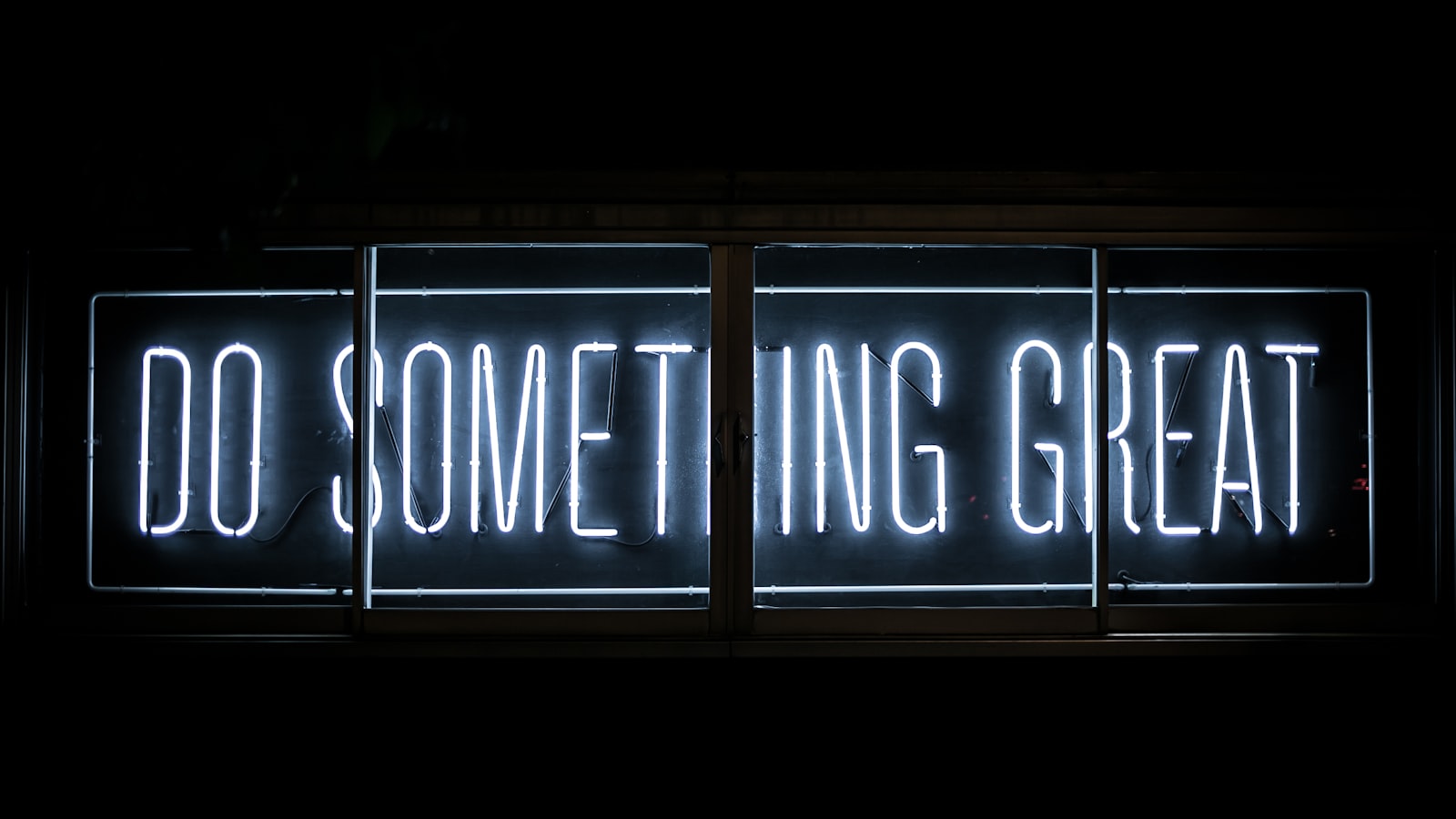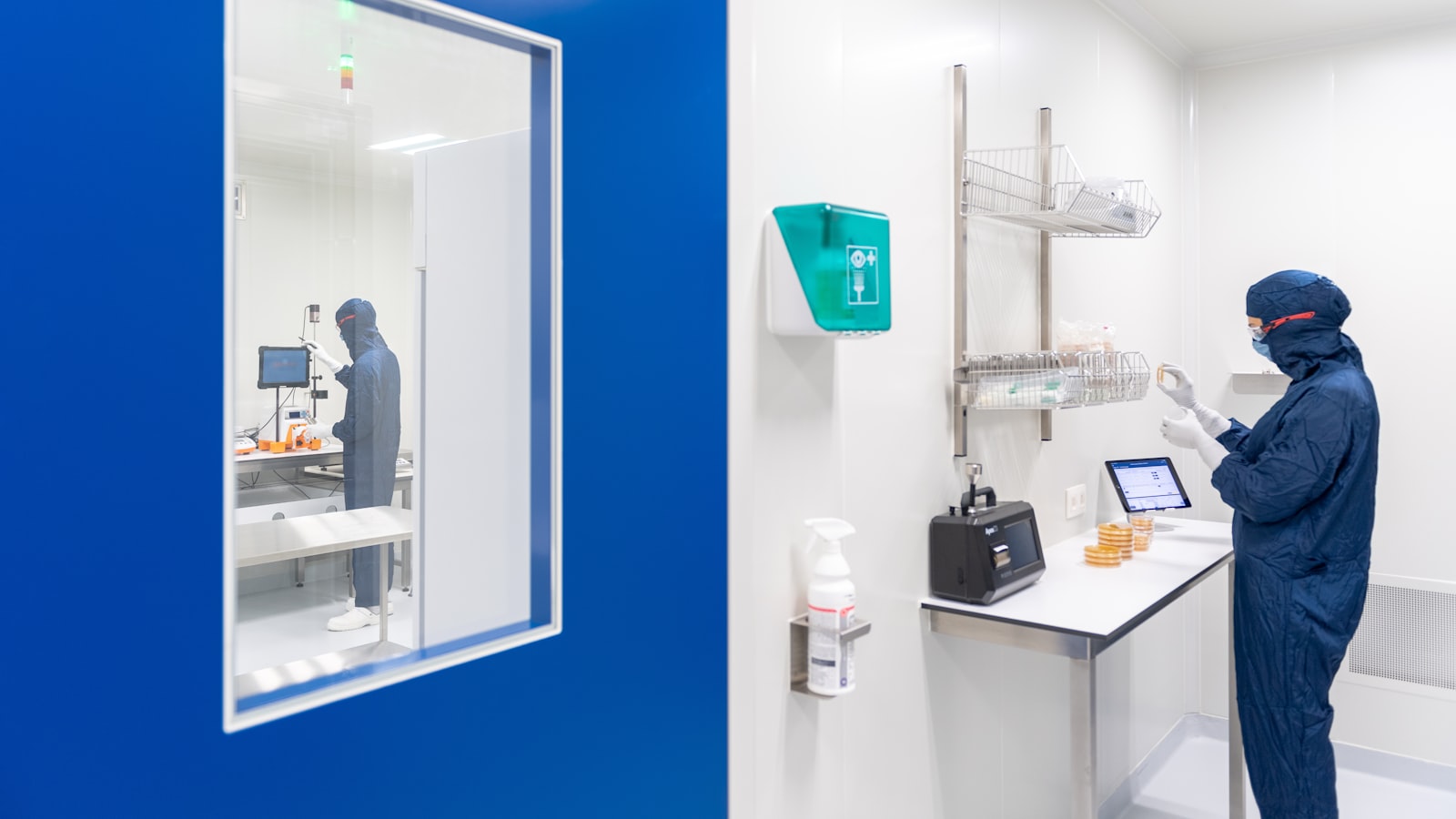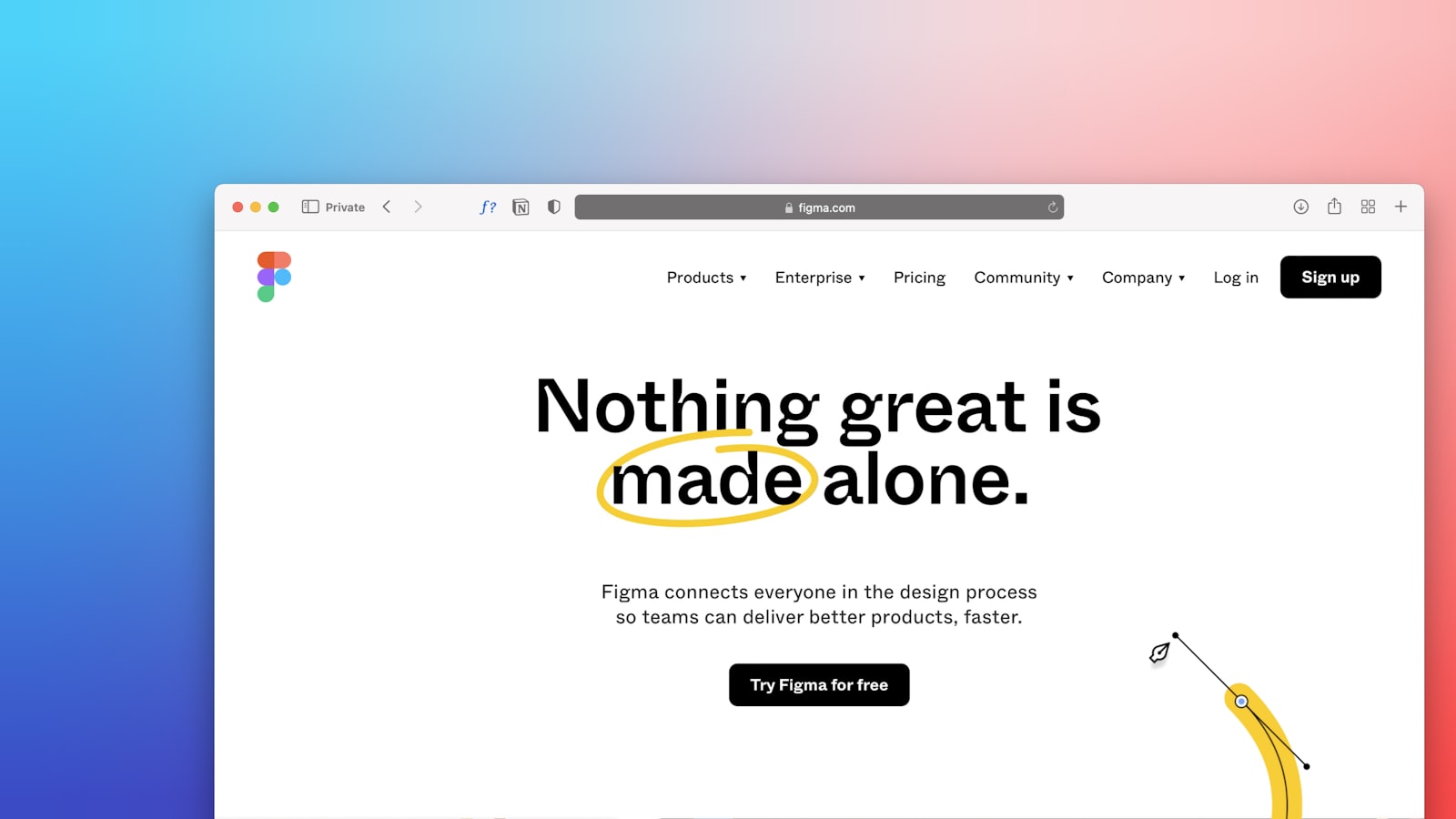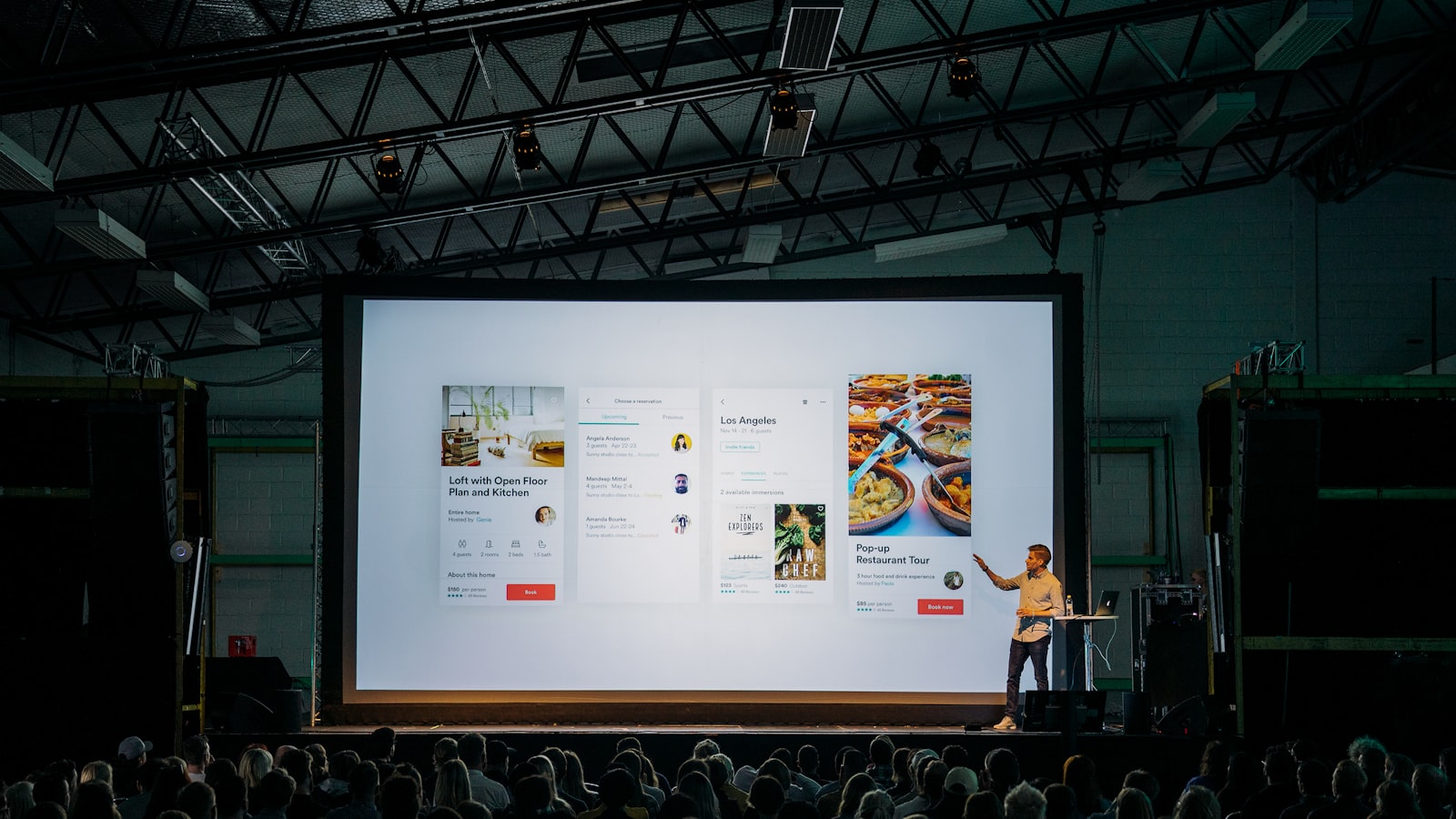The Pros and Cons of In-House Marketing vs. Agency Partnerships
Explore the pros and cons of in-house marketing versus agency partnerships to determine the best strategy for your business.

Introduction
The Importance of Effective Marketing
Let's face it, marketing is the lifeblood of any business. Whether you're a budding startup or an established enterprise, effective marketing can mean the difference between flourishing and floundering. But here's the million-dollar question: should you keep it all in-house or partner up with an agency? It's a decision that can keep even the most seasoned execs up at night.
The Decision: In-House Marketing vs. Agency Partnerships
Choosing between in-house marketing and agency partnerships is like deciding between a home-cooked meal and dining out. Both have their perks and pitfalls, and what works for one company might not work for another. In this article, we'll break down the pros and cons of each approach, helping you make an informed choice that aligns with your business goals and resources. Spoiler alert: there's no one-size-fits-all answer, but we're here to guide you through the maze.
Ready to dive in? Buckle up as we explore the world of in-house marketing versus agency partnerships, and find out which path could lead your business to marketing nirvana.
Understanding In-House Marketing
What is In-House Marketing?
In-house marketing involves managing all marketing activities internally by the company's own employees. This approach allows businesses to have a dedicated team that works exclusively on their brand, ensuring alignment with company goals and values.
Advantages of In-House Marketing
Control and Consistency
One of the biggest perks of in-house marketing is the control it offers. Your team is fully dedicated to your brand, making it easier to maintain consistency across all marketing channels. This ensures that your brand message is always on point and aligned with your company's vision.
Deep Understanding of the Brand
In-house teams have an intimate knowledge of the brand, product, and company culture. This deep understanding allows them to create marketing campaigns that resonate more effectively with the target audience. They live and breathe the brand, which translates into more authentic and compelling marketing efforts.
Speed and Efficiency
With everyone under one roof, communication is faster and more efficient. Decisions can be made quickly without the back-and-forth that often occurs with external agencies. This can lead to faster turnaround times for campaigns and quicker responses to market changes.
Seamless Integration with Other Departments
In-house marketing teams can easily collaborate with other departments, such as sales, product development, and customer service. This seamless integration ensures that marketing strategies are aligned with overall business objectives, leading to more cohesive and effective campaigns.
Disadvantages of In-House Marketing
Limited Resources and Expertise
One major drawback of in-house marketing is the limitation in resources and expertise. Unlike agencies that have a diverse pool of talent, in-house teams may lack specialized skills in certain areas. This can hinder the ability to execute complex or highly specialized campaigns.
Potential for Stagnation
Working on the same brand day in and day out can lead to a lack of creativity and innovation. Without the fresh perspectives that an external agency might bring, in-house teams can fall into a rut, producing repetitive and uninspired marketing content.
The Challenge of Scaling
Scaling an in-house marketing team can be challenging and costly. Hiring new talent, investing in training, and acquiring new tools and technologies require significant resources. This can be a major hurdle for smaller companies with limited budgets.

For more insights on building a high-performing in-house marketing team, check out this guide.
Understanding Marketing Agencies

What is a Marketing Agency?
A marketing agency is a company that helps businesses achieve their marketing goals through various strategies and tactics. These agencies can specialize in digital marketing, traditional marketing, or a hybrid of both. Examples include WebFX, PwC, and Essence, which offer services ranging from SEO and PPC to print advertising and TV ads.
How Marketing Agencies Operate
Marketing agencies operate by working closely with their clients to understand their goals and develop tailored strategies. They identify new marketing opportunities, provide data-backed recommendations, and measure performance to maximize ROI. Agencies typically have teams of specialists in different areas of marketing, ensuring a comprehensive approach to achieving client objectives.
Advantages of Marketing Agencies
Access to a Wide Range of Expertise
Marketing agencies bring a diverse set of skills to the table. Whether it's SEO, content marketing, social media, or web design, agencies have experts in each field. This allows businesses to leverage specialized knowledge without hiring full-time staff for each role.
Fresh Perspectives
Sometimes, an outside perspective can make all the difference. Marketing agencies offer a fresh set of eyes, providing innovative ideas and strategies that in-house teams might overlook. This can be particularly beneficial for businesses looking to revamp their marketing efforts.
Scalability and Flexibility
One of the biggest perks of hiring a marketing agency is the ability to scale your efforts up or down based on your needs. Whether you're launching a new product or entering a slow season, agencies can adjust their services accordingly, offering unparalleled flexibility.
Cost-Effectiveness
While hiring an agency might seem expensive initially, it can be more cost-effective in the long run. Agencies often have access to advanced tools and resources that would be costly for a single business to purchase. Plus, they can optimize your marketing spend to ensure you get the best ROI.
Disadvantages of Marketing Agencies
Potential for Miscommunication
Working with an external team can sometimes lead to miscommunication. Clear and regular communication is essential to ensure that the agency understands your brand and goals. Misunderstandings can lead to campaigns that miss the mark.
Less Control Over Strategy
When you hire an agency, you are entrusting them with your marketing strategy. This means you might have less control over the direction and execution of your campaigns. It's crucial to find an agency that aligns with your vision and values.
Cost Considerations
While agencies can be cost-effective, they are not always cheap. Small-to-midsized businesses might spend anywhere from $51 to $10,000 per month, while larger companies could spend hundreds of thousands. It's important to analyze your budget and ensure that hiring an agency makes financial sense for your business.
For more insights on selecting the right agency, check out our guide on how to select the best B2B demand generation agency.
Key Differences Between In-House Marketing and Marketing Agencies
Cost and Budgeting
When it comes to cost, in-house marketing and marketing agencies offer distinct advantages and challenges.
In-House Marketing: Building an in-house team can lead to significant cost savings in the long run. You avoid agency fees, and the team is dedicated solely to your brand. However, the initial setup costs, including salaries, benefits, and training, can be substantial.
Marketing Agencies: Agencies typically charge a fee for their services, which can be a flat rate, hourly, or project-based. While this might seem expensive, it often includes access to a wide range of expertise and resources without the overhead costs of hiring full-time employees.
For more insights on budgeting for in-house teams, check out our guide on building a high-performing in-house marketing team.
Expertise and Skills
The expertise and skills available in-house versus through an agency can vary significantly:
In-House Marketing: Your in-house team will have a deep understanding of your brand, culture, and products. However, they might lack the diverse skill set that an agency can provide, especially in specialized areas like SEO, PPC, or content marketing.
Marketing Agencies: Agencies often employ specialists in various fields, offering a breadth of expertise that can be hard to match in-house. This can be particularly beneficial for complex or multifaceted campaigns.
Need help choosing the right agency? Read our tips on selecting the best B2B demand generation agency.
Speed and Efficiency
Speed and efficiency are crucial in marketing. Here's how in-house teams and agencies compare:
In-House Marketing: In-house teams can often react quickly to changes and new opportunities since they are fully integrated into your organization. However, they may be bogged down by internal processes and limited resources.
Marketing Agencies: Agencies can bring a high level of efficiency due to their experience and streamlined processes. They can quickly mobilize resources for your campaigns, but there might be delays in communication and approvals.
Flexibility and Control
Flexibility and control are key considerations when deciding between in-house marketing and agencies:
In-House Marketing: With an in-house team, you have complete control over your marketing strategy and execution. This allows for greater flexibility in making changes and aligning marketing efforts with your overall business goals.
Marketing Agencies: Agencies can offer flexibility in terms of scaling services up or down based on your needs. However, you may have less control over the day-to-day execution and strategic decisions.
For more on building flexible marketing strategies, see our article on choosing the best B2B marketing company.
Scalability
Scalability is another critical factor in the in-house vs. agency debate:
In-House Marketing: Scaling an in-house team can be challenging and time-consuming. It requires hiring, training, and integrating new team members, which can slow down your marketing efforts.
Marketing Agencies: Agencies are designed to scale quickly, providing additional resources and expertise as needed. This makes them a great option for businesses looking to expand their marketing efforts rapidly.
Curious about scalable marketing solutions? Explore our guide on evaluating and choosing the best SaaS PPC agency.

Making the Right Decision for Your Business
Assessing Your Business Needs and Goals
Before you decide between in-house marketing and agency partnerships, it's crucial to understand your business needs and goals. Are you looking to increase brand awareness, generate leads, or improve customer retention? Each objective may require different strategies and resources. Start by outlining your key goals and the specific marketing activities needed to achieve them.
For a deeper dive into building a high-performing in-house marketing team, check out our guide here.
Analyzing Your Budget
Your budget will play a significant role in your decision. In-house marketing teams often require substantial upfront investment in salaries, tools, and training. On the other hand, marketing agencies might offer more flexible pricing models but can still be costly depending on the services you need. Conduct a thorough cost analysis to determine which option aligns best with your financial capabilities.
If you're considering hiring an agency, our article on how to select the best B2B demand generation agency can provide valuable insights.
Evaluating Your Existing Team Skills and Capacity
Take a close look at your current team's skills and capacity. Do you have the expertise in-house to handle all your marketing needs, or are there gaps that need to be filled? If your team lacks certain skills or is already stretched thin, partnering with an agency might be the better option. Conversely, if you have a strong team with room to grow, investing in in-house capabilities could be more beneficial.
For inspiration on structuring your marketing team, see our post on successful B2B marketing team structures.
Importance of Flexibility in Your Decision
Flexibility is key when making this decision. The marketing landscape is constantly changing, and your needs may evolve over time. An in-house team offers more control but can be less adaptable to sudden changes. Agencies, with their diverse expertise, can quickly pivot strategies as needed. Consider which option allows you to remain agile and responsive to market trends.
Case Studies and Examples
Real-world examples can provide valuable insights. For instance, a SaaS company might find that an in-house team excels in product knowledge and brand consistency, while an eCommerce business might benefit from an agency's expertise in PPC campaigns and scalability. Reviewing case studies can help you understand how similar businesses have navigated this decision.
Explore our detailed guide on evaluating and choosing the best SaaS PPC agency for more practical examples.

Hybrid Approach: Combining In-House and Agency Efforts
What is the Hybrid Approach?
The hybrid approach merges the strengths of in-house marketing teams with the expertise of external agencies. This model allows businesses to maintain control over core marketing activities while leveraging the specialized skills and resources of agencies. It's like having your cake and eating it too, but with fewer calories and more ROI.
Benefits of a Hybrid Approach
Why settle for one when you can have the best of both worlds? Here are some key benefits of adopting a hybrid marketing strategy:
Flexibility: Adapt quickly to market changes by balancing in-house and agency efforts.
Cost-Effectiveness: Optimize your budget by using agencies for specific projects while keeping routine tasks in-house.
Expertise: Access a broader range of skills and industry knowledge.
Scalability: Easily scale your marketing efforts up or down based on needs.
Achieving Data-Driven Decision Making
Data is king, and a hybrid approach ensures you have the best data at your fingertips. In-house teams can handle data collection and initial analysis, while agencies can provide advanced analytics and insights. This combination helps you make informed decisions based on comprehensive data.
Leveraging Industry Experts
Agencies bring a wealth of experience and specialized knowledge to the table. By integrating their expertise with your in-house team's brand understanding, you create a powerful synergy that drives better results. For tips on selecting the best agency, check out this guide.
Access to Advanced Tools and Resources
Marketing agencies often have access to advanced tools and technologies that might be too costly for a single business to invest in. By partnering with an agency, you gain access to these resources without the hefty price tag. This can significantly enhance your marketing capabilities and outcomes.
Implementing a Hybrid Strategy Effectively
Ready to go hybrid? Here's how to do it right:
Define Roles: Clearly outline the responsibilities of your in-house team and the agency.
Communication: Establish regular communication channels to ensure everyone is on the same page.
Set Goals: Align on common objectives and KPIs to measure success.
Monitor Performance: Continuously track and evaluate the performance of both teams to make necessary adjustments.
For more insights on building a high-performing in-house team, visit this article.

Conclusion
Summary of Key Points
In this article, we've dissected the pros and cons of in-house marketing versus agency partnerships. Here's a quick recap:
In-House Marketing: Offers control, consistency, and a deep understanding of your brand. However, it may suffer from limited resources, potential stagnation, and scaling challenges.
Marketing Agencies: Provide access to a wide range of expertise, fresh perspectives, and scalability. On the flip side, they can lead to miscommunication, less control over strategy, and additional costs.
Key Differences: The main differences lie in cost, expertise, speed, flexibility, and scalability.
Hybrid Approach: Combines the strengths of both in-house teams and agencies, offering a balanced solution with data-driven decision-making, access to industry experts, and advanced tools.
Final Thoughts: Making the Best Choice for Your Business
Deciding between in-house marketing and agency partnerships boils down to your specific business needs, goals, and resources. Here are some steps to guide your decision:
Assess Your Business Needs and Goals: Understand what you aim to achieve with your marketing efforts.
Analyze Your Budget: Determine what you can afford and where you can get the best return on investment.
Evaluate Your Existing Team Skills and Capacity: Identify the strengths and weaknesses of your current team.
Consider Flexibility: Be open to adjusting your strategy as your business evolves.
Whether you choose in-house marketing, an agency partnership, or a hybrid approach, the key is to align your choice with your business objectives. For more insights, check out our guide on choosing the best B2B marketing company.

Need help with SEO?
Join our 5-day free course on how to use AI to get more traffic to your website!
Explode your organic traffic and generate red-hot leads without spending a fortune on ads
Claim the top spot on search rankings for the most lucrative keywords in your industry
Cement your position as the undisputed authority in your niche, fostering unshakable trust and loyalty
Skyrocket your conversion rates and revenue with irresistible, customer-centric content
Conquer untapped markets and expand your reach by seizing hidden keyword opportunities
Liberate your time and resources from tedious content tasks, so you can focus on scaling your business
Gain laser-sharp insights into your ideal customers' minds, enabling you to create products and content they can't resist
Harness the power of data-driven decision-making to optimize your marketing for maximum impact
Achieve unstoppable, long-term organic growth without being held hostage by algorithm updates or ad costs
Stay light-years ahead of the competition by leveraging cutting-edge AI to adapt to any market shift or customer trend
